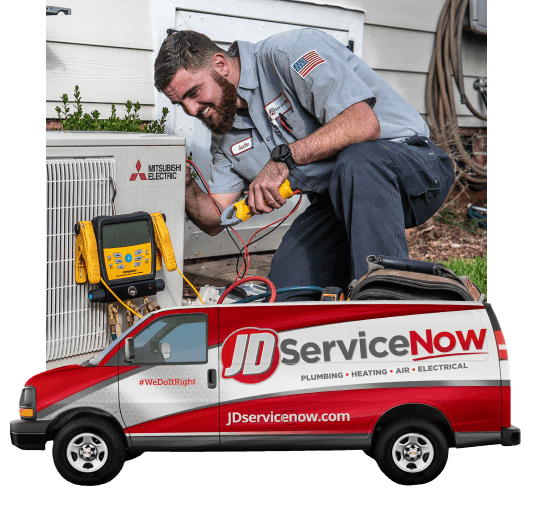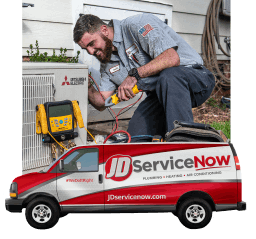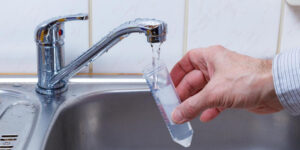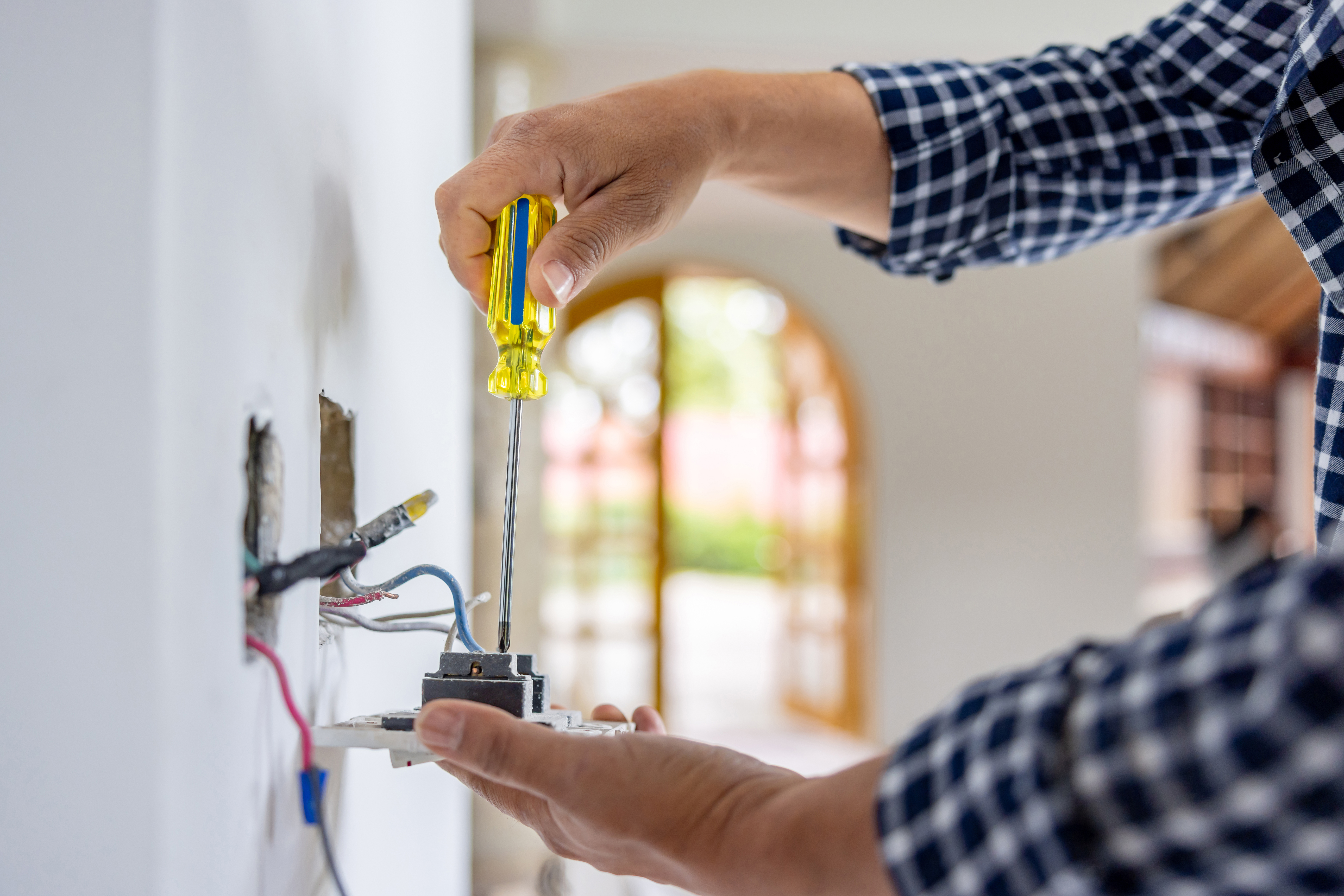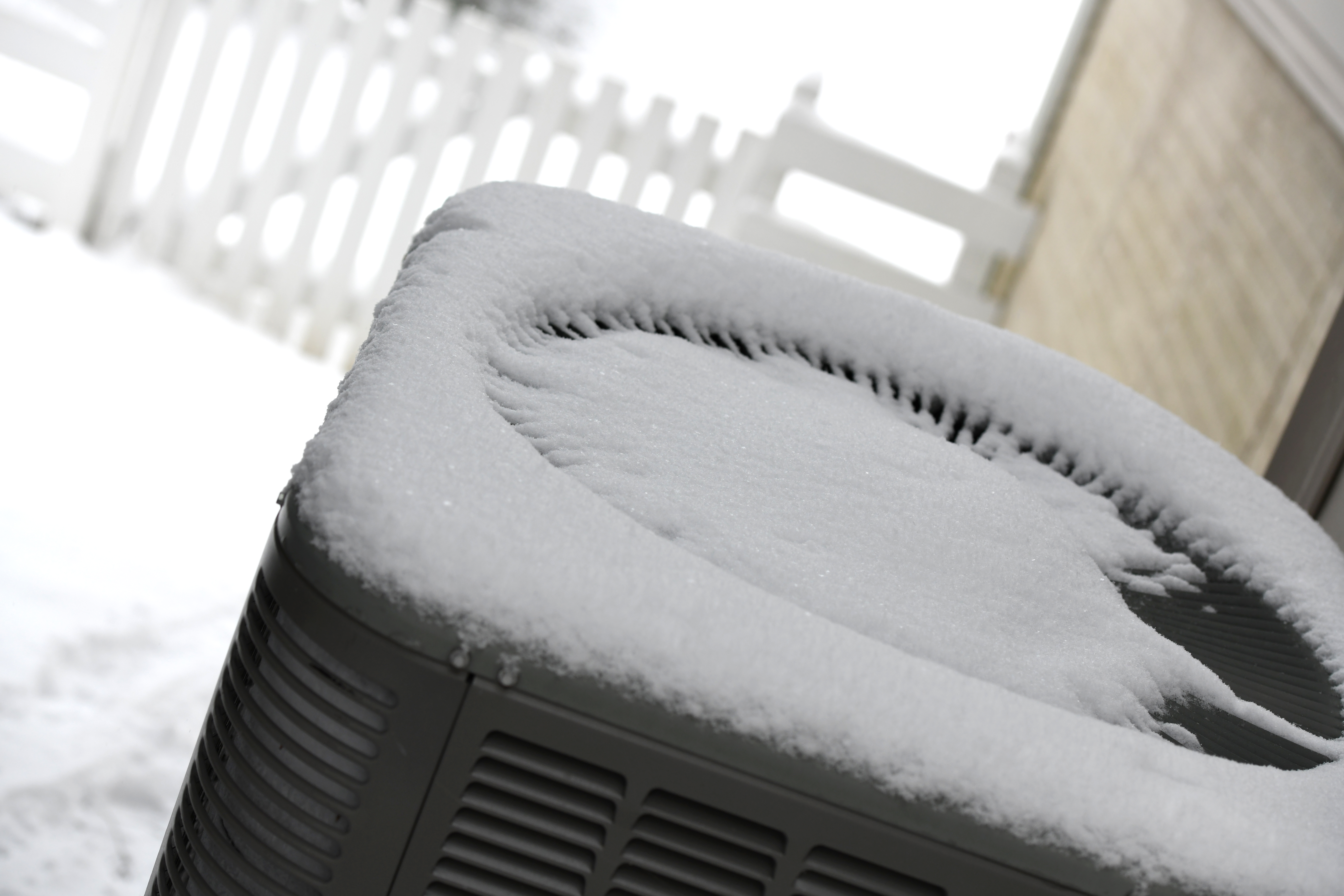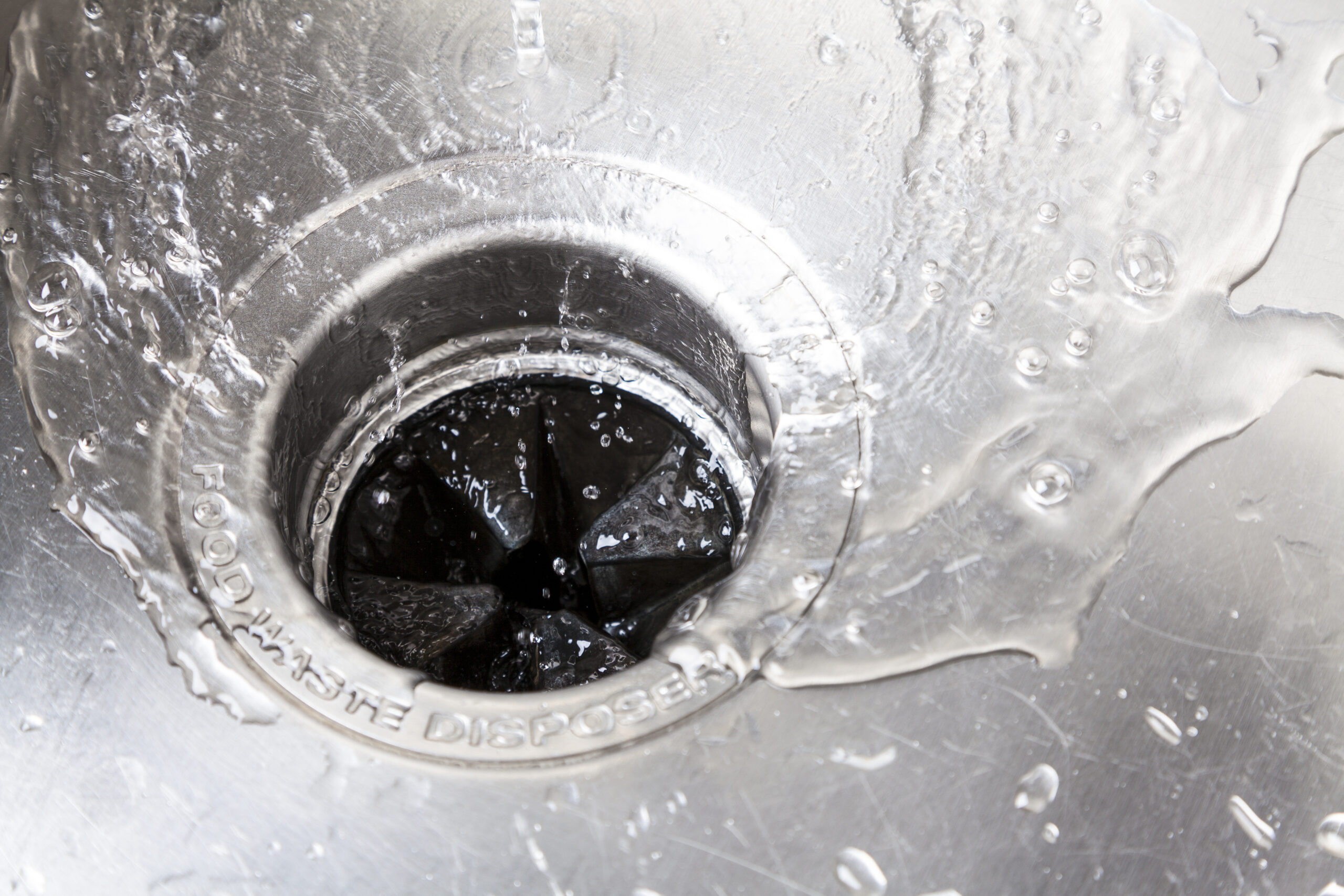How Water Treatment Can Improve Your Home’s Water Quality in Durham, NC
Why Understanding Water Treatment Matters for Your Home and Health
At JD Service Now, we talk to homeowners every day who are doing their best to protect their families and take care of their plumbing systems. And still, there’s a lot of confusion surrounding water treatment, especially when it comes to chlorine, hard water, and what is truly necessary for a safe and efficient home.
Even within the plumbing industry, professionals can get it wrong. There’s no one-size-fits-all solution, and unfortunately, many training programs focus more on selling a product than understanding a home’s unique needs. That’s why education, custom solutions, and asking the right questions are key.
Let’s break down some of the most common misconceptions about water treatment, especially for homes on community well systems here in Central North Carolina.
One Customer’s Story: A Misunderstood Water System
Not long ago, a homeowner reached out asking if they really needed to remove chlorine from the water throughout their home. They were already looking to treat hard water and improve their drinking water but weren’t sure how far they needed to go.
This customer lived on a community well, which can be one of the most challenging water systems to treat. You’re not just dealing with natural elements like hard minerals and pH imbalances; you’re also dealing with chlorine added to sanitize the system. In an effort to keep the water safe from bacteria, many of these systems introduce chemicals that can cause other health issues down the line.
This homeowner had great intentions, but like many people, didn’t have all the facts. And it’s not their fault. Even many licensed professionals miss the full picture.
Why Most Plumbing Training Falls Short
In our experience, many plumbers are trained through supply houses that push a specific product line. The problem? That training often skips the critical step of application. Every home is different. Every family has different priorities. That’s why we believe it’s our job to ask questions first—and listen carefully to what our customers are telling us.
The First Question We Ask: Where Does Your Water Come From?
Knowing whether your home runs on city water, well water, or a community well is crucial. Here in central North Carolina, city water systems commonly use chloramine, a combination of chlorine and ammonia, because it sanitizes water more effectively and off-gasses less quickly than chlorine alone.
In Durham, for instance, when we test the tap water for training purposes, we often find chlorine/chloramine levels between 1 and 4 parts per million (ppm). To put that in perspective, the recommended chlorine range for a public swimming pool is also 2 to 4 ppm. That means the water you’re drinking or showering in might have the same chemical concentration as pool water.
It’s the municipality’s job to deliver bacteria-free water to your home. But once that water enters your pipes, it becomes the plumber’s job to refine it for safe, long-term household use.
For a closer look at what’s in your tap water, visit the Environmental Working Group’s water report for North Carolina.
The Real Risks of Chlorine in Your Home
We think it’s important to be honest about the impact chlorine can have—not just on your plumbing, but on your health.
First, let’s talk about you. If your water isn’t filtered, your body becomes the filter. According to the EPA, the average person absorbs the equivalent of eight 10-ounce glasses of chlorinated water from a single shower—just through inhalation and skin contact.
Now let’s talk about your home. When chlorine mixes with water, it can form hydrochloric and hypochlorous acids, both of which are corrosive to metals. Over time, this leads to:
- Electrolytic corrosion in pipes and fittings
- Accelerated wear on appliances like water heaters, dishwashers, and refrigerators
- Deterioration of rubber seals, washers, and gaskets, which often leads to leaks
This kind of slow, invisible damage is the reason we see so many premature plumbing failures—and why investing in water treatment now can save you from costly repairs later.
Ready to Learn What’s in Your Water?
Water treatment isn’t about fear—it’s about education, prevention, and choosing what’s right for your household. Whether you’re on a city system, a private well, or somewhere in between, JD Service Now is here to help you make informed decisions that protect both your health and your plumbing.
We offer on-site water testing with immediate results, so you don’t have to wait for answers. And if you’d like to explore custom treatment options that align with your home’s needs and your family’s priorities, we’re ready to help—no pressure, just honest guidance.
Thank you for taking the time to read this. If we’ve sparked some curiosity or raised a few questions, that’s a great place to start. Water treatment is a big topic, but it doesn’t have to be overwhelming. Let’s talk about what matters to you.
Recent Posts
Finance Now & Get Approved Today!
Don’t Sacrifice Your
Family’s Comfort!
FIND Out MORE
Family’s Comfort!
Recent Posts
Request Service
Get the fast, affordable HVAC, plumbing, or electrical services you deserve by filling
out the form below.
Request Service
Sign up for the Always Right
Home Partnership Program
Our 100% Worry-Free Home Service Plans
Experience unmatched peace of mind when you invest in our Home Partnership Program. From priority service, seven days a week, to 10% off all service and repairs, when you become a member of our home service plan, you can rest assured that our reliable team will keep your home’s comfort systems operating smoothly. Learn more about the HVAC, plumbing, and electrical benefits you’ll get when you sign up!
LEARN MORE